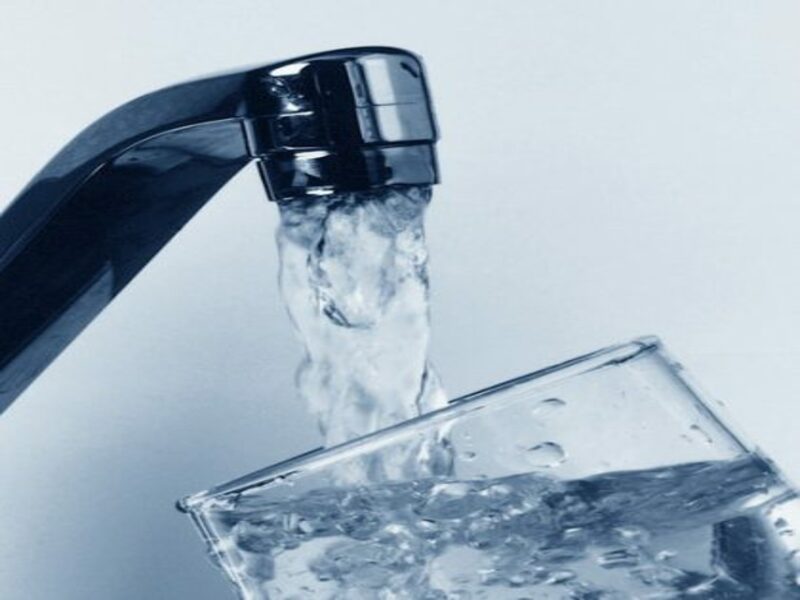Uisce Éireann has said that it is taking “concerted action” to address exceedances of toxic chemicals in 25 public drinking water supplies around the country.
Trihalomethanes (THMs), which are classified as “possibly carcinogenic” to humans, are formed when natural organic matter in the water source, such as vegetation, reacts with chlorine used in the disinfection treatment process.
According to the Environmental Protection Agency’s (EPA’s) Remedial Action List (RAL) drinking water supplies serving 300,000 people across 15 counties have THMs levels in breach of regulations.
The legal limit of total THMs in drinking water in Europe is 100 microgrammes per litre.
The Health Service Executive (HSE) has said that “short-term exceedances in THMs are unlikely to result in any risk to health”, adding that “potential risks from drinking untreated water far outweigh any possible risks of long-term exposure”.
Drinking water
In January, the Court of Justice of the European Union (CJEU) ruled that Ireland had failed to meet its obligations under an EU directive on the quality of drinking water.
The action, taken by the EU Commission, centred on the levels of THMs found in some public water supplies and group water schemes.
The court found that, by failing to ensure that the necessary remedial action was taken as soon as possible to restore the quality of the water, Ireland had not given priority to its enforcement action.
In a statement, Uisce Éireann said that the vast majority of public water schemes identified in the recent judgement have now been addressed, with just five of the original 74 schemes remaining.
The utility added that projects are underway at all five locations to address the issues either through upgrades or rationalisation of existing treatment plants.
“Uisce Éireann’s enhanced testing and monitoring programme across its 700-plus public water supplies has enabled the utility to identify 25 schemes on the Remedial Action list for THMs.
“In all these cases we are taking concerted action to address these risks through a combination of plant upgrades and enhanced operational controls,” it added.

When THM levels above the allowable limit are detected, Uisce Éireann said that it notifies the EPA and consults with the HSE.
“To date, a ‘Do Not Drink notice’ has not been imposed on any public water supply due to THM exceedances,” it said.
The utility added that the most recent EPA report published last year, showed that public drinking water is safe to drink being 99.7% compliant with chemical and bacterial limits.
Public information
Friends of the Irish Environment (FIE), which originally raised the issue of THMs with the EU Commission in 2011, is calling on the EPA to inform the public regarding THMs exceedances in their drinking water.
The environmental group said the CJEU’s ruling was “pivotal” and “declared exceeding THM parameters a potential public health risk”.
FIE said that the ruling triggering a legal obligation to inform the consumers as to what measures they could take to protect themselves, such as a charcoal filters on their taps.
The group has threatened the EPA with legal action unless the information is provided to all consumers who have been exposed to THM levels in their water above the legal parameters since 2011.
Uisce Éireann told Agriland that it remains committed to keeping the public informed about the presence of THMs in supplies on the EPA’s Remedial Action List (RAL).
It said that information booklets, approved by the EPA and the HSE, were previously issued to all customers identified as being on supplies where THMs were present.
“Uisce Éireann is engaging with both agencies in relation to further communication with customers on public water supplies that are on the Remedial Action List.
“This information will be in addition to the detailed information currently available on the Uisce Éireann, HSE and EPA websites.
“We will provide further details and timelines in relation to any additional communications in due course,” it said.
